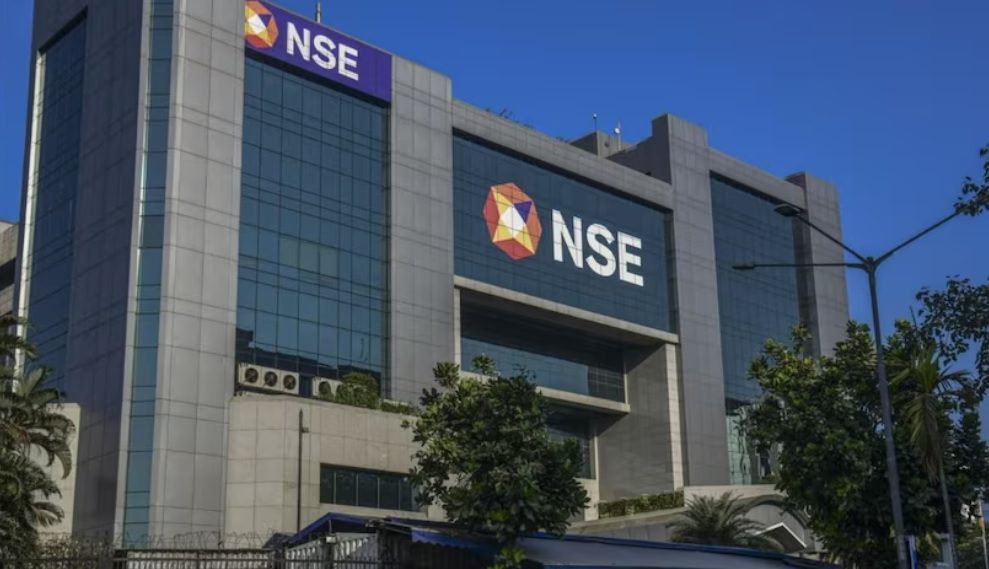The National Stock Exchange of India (NSE) has achieved a landmark milestone, with its unique registered investor base surpassing the 10 crore (100 million) mark today. This milestone reflects the growing popularity of the stock market among Indian investors and highlights the rapid expansion of market participation over recent years.
As of today, the total number of client codes registered with the NSE stands at 19 crore, indicating that clients can hold multiple accounts across different trading members.
Investor registrations at NSE have witnessed a remarkable acceleration. It took 14 years from NSE’s inception for the registered investor base to reach 1 crore. The next crore took about seven years, and subsequent milestones were achieved at progressively shorter intervals. The most recent addition of 1 crore investors occurred in just over five months, demonstrating the dynamic growth of the market.
In the past five years alone, the investor base has more than tripled, driven by advancements in digitization, increased financial literacy, and robust market performance. Daily new unique investor registrations have averaged between 50,000 and 78,000. This surge is accompanied by impressive returns in the fiscal year so far: the Nifty 50 index has gained 11.8%, while the Nifty 500 index has risen by 16.2%. Over the past five years, the annualized returns stand at 17.5% for the Nifty 50 and 21.1% for the Nifty 500.
The median age of the 10 crore registered investors is approximately 32 years, a notable decrease from 38 years five years ago. This shift reflects a growing interest among younger demographics. Additionally, over 20% of the current investor base is female, highlighting increased gender diversity in market participation.
Geographically, North India has contributed the largest share of new registrations, accounting for 42%, followed by West India (25%), South India (18%), and East India (14%). Uttar Pradesh and Maharashtra remain the top contributors, together representing more than a quarter of the new investors. Notably, over 46.5% of new registrations in the last five months have come from districts beyond the top 100 in terms of new investor numbers.
In parallel with the increase in unique registrations, indirect market participation has also grown. Between March and June this year, nearly 2.1 crore new Systematic Investment Plan (SIP) accounts were opened, with average monthly SIP inflows reaching approximately Rs 20,452 crore, up from Rs 17,613 crore in the previous period.
Mr Sriram Krishnan, Chief Business Development Officer of NSE, remarked on this achievement, “Reaching the 10-crore mark is a significant milestone for NSE. The growth from 9 crore to 10 crore investors in just over five months reflects the effectiveness of streamlined KYC processes, enhanced investor education initiatives, and positive market sentiment. The rise in participation across various financial instruments underscores the increasing investor confidence and engagement in the market.”
This achievement underscores the NSE’s role in broadening market access and fostering a more inclusive financial ecosystem.
ABOUT NSE
The NSE, operational since 1994, was the first in India to use electronic trading. It consistently leads in equity turnover and is a global leader in derivatives trading by volume. NSE offers a comprehensive range of services, including trading, clearing, and market data. It ranks 3rd worldwide in equity trades as of 2023 and is noted for its technological innovation and compliance oversight.
NSE also oversees compliance by trading, clearing members and listed companies with the rules and regulations of SEBI and the exchange. NSE is a pioneer in technology and ensures the reliability and performance of its systems through a culture of innovation and investment in technology.
NSE is the world’s largest derivatives exchange by trading volume (contracts) as per the statistics maintained by Futures Industry Association (FIA) for calendar year 2023. NSE is ranked 3rd in the world in equity segment by number of trades (electronic order book) in 2023, as per the statistics maintained by World Federation of Exchanges (WFE).






























